Creating an eco-friendly home can have various financial benefits in the long run. While there may be some initial costs associated with implementing sustainable practices and technologies, these investments can ultimately lead to significant savings.
Here’s how an eco-friendly home can save you money.
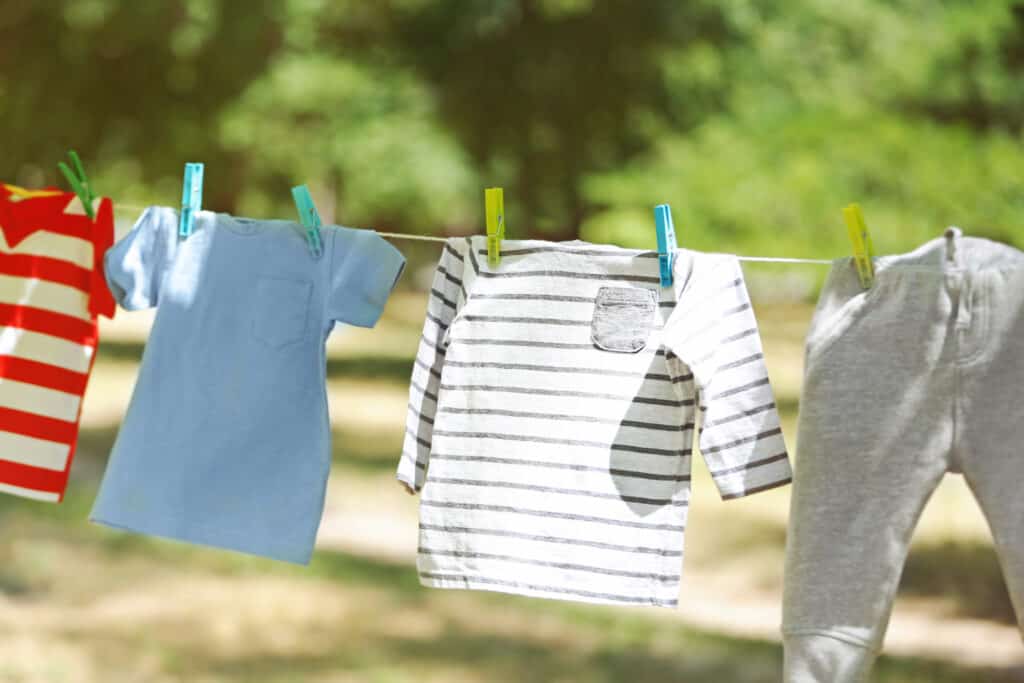
Energy Efficiency
Energy-efficient homes use less energy for heating, cooling, and electricity. This translates to lower utility bills. Ways to increase energy efficiency include:
- Proper Insulation: Insulating your home can prevent heat loss in the winter and keep your home cooler in the summer, reducing the need for excessive heating and cooling.
- Energy-Efficient Appliances: Replacing old, inefficient appliances with energy-efficient ones can significantly lower electricity and water bills.
- LED Lighting: LED bulbs use less electricity and last longer than traditional incandescent bulbs, reducing your lighting costs.
- Smart Thermostats: Smart thermostats can help you regulate your home’s temperature more efficiently, saving on heating and cooling costs.
- Solar Panels: Investing in solar panels can generate your own electricity and, in some cases, even allow you to sell excess energy back to the grid, which can lead to lower or even negative electricity bills over time.
- Natural ventilation techniques: using methods such as cross-ventilation and operable windows, can reduce the need for air conditioning and mechanical cooling systems, resulting in lower energy costs.
Water Conservation
Eco-friendly homes often incorporate water-saving fixtures and practices, which reduce water consumption and lower your water bills.
- Low-Flow Fixtures: Installing low-flow faucets, showerheads, and toilets can significantly reduce water usage.
- Rain Barrels: collecting water in rain barrels for outdoor use can lower your water bills for gardening and lawn care.
Reduced Maintenance Costs
Eco-friendly materials and designs are often more durable and require less maintenance. For example, metal roofs, which are energy-efficient, can last much longer than traditional asphalt shingles, saving you money on roofing repairs and replacements.
Waste Reduction
Embracing a zero-waste or low-waste lifestyle can reduce the cost of trash removal and waste disposal. Composting, recycling, and reducing single-use items can all contribute to waste reduction.
Tax Credits and Incentives
In some regions, governments offer tax credits and incentives for homeowners who invest in energy-efficient and eco-friendly upgrades. These financial incentives can offset the initial costs. You can use this free tax calculator to see how these tax incentives will impact your tax situation overall.
Health Benefits
An eco-friendly home can lead to better health due to improved air quality and reduced exposure to harmful chemicals. This can mean fewer medical expenses in the long term. Using eco-friendly paints, finishes, and materials can improve indoor air quality, reducing the need for air purifiers and potential healthcare costs related to indoor air pollution.
Sustainable Landscaping
Low-maintenance, drought-tolerant landscaping can reduce the need for irrigation, lawn care, and maintenance costs associated with traditional lawns and gardens.
Reduced Transportation Costs
Living in an eco-friendly neighborhood with access to public transportation, biking paths, and walkable amenities can reduce the need for excessive car use, leading to lower transportation costs.
Resale Value
Eco-friendly features can increase the resale value of your home. Many homebuyers are willing to pay more for energy-efficient homes, making it a wise long-term investment.
While implementing eco-friendly features in your home may require an initial investment, the long-term financial savings and environmental benefits make it a worthwhile endeavor. Additionally, many people find that living in a more sustainable and eco-friendly manner is rewarding and aligned with their values.

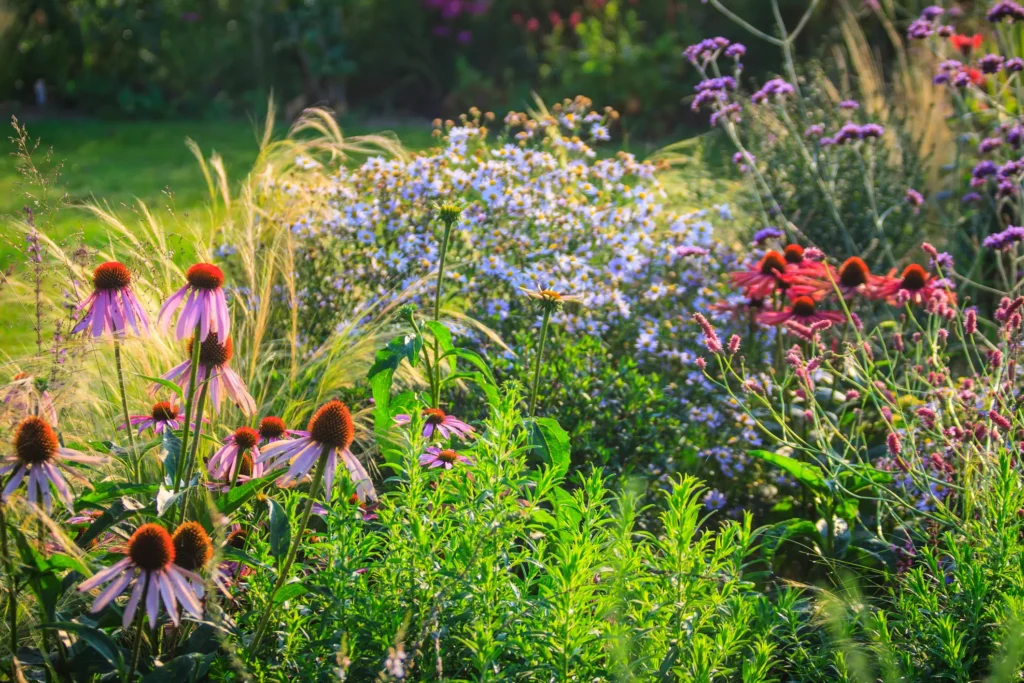
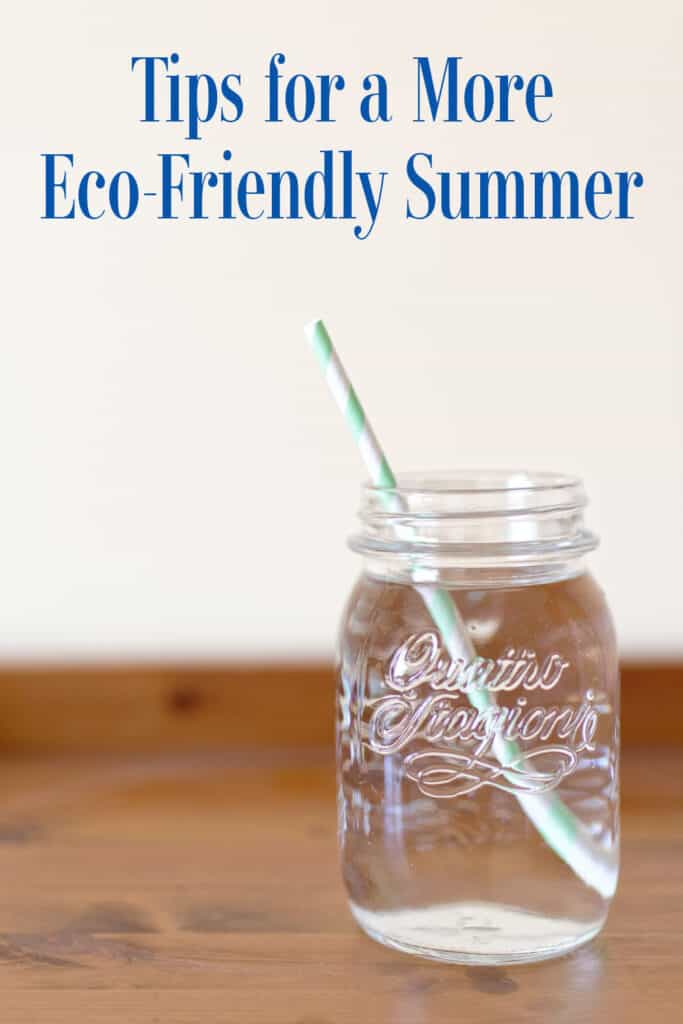
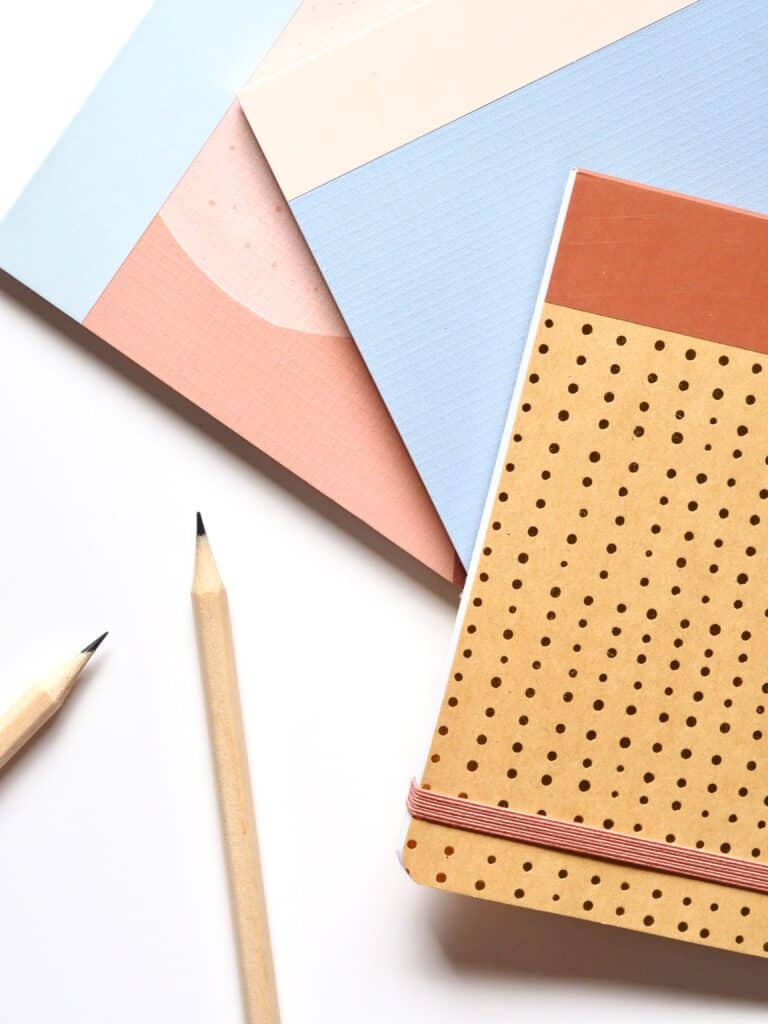

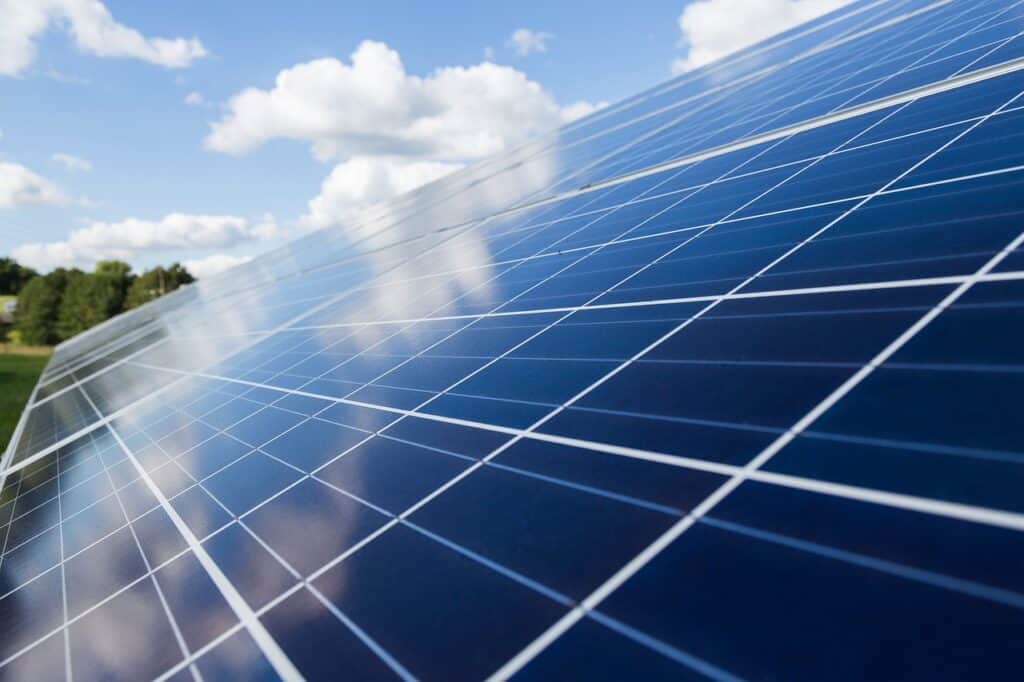
I always love to save! We do have eco friendly bulbs which come in handy!
I need to get a rain barrel for my yard. Then I could water my garden with the water.
Love all these great ideas. I also try to do anything to help be eco friendly. LED lights are always a must for us.
Your breakdown of how energy-efficient practices contribute to cost savings was incredibly informative. From proper insulation to energy-efficient appliances and solar panels, your explanations made it clear how these investments can lead to substantial reductions in utility bills over time. It’s encouraging to see how small changes can make a big financial impact.
The more savings, the better, for sure. We changed our bulbs to LED years ago and all our appliances are now energy efficient.
Good ideas! I added insulation to my attic a few years ago & I did notice a savings in my heating bill.
This is a great informative article. I’m all for saving and having an eco-friendly home. I just got my attic reinsulated for the winter and my outside done.
I love how one benefit kind of leads into the other when moving towards cultivating an eco-friendly home/lifestyle.
I need to work on the energy efficiency of my house!
I totally agrees with these. Also, if the home is eco-friendly, having less chemicals mean less sickness, and less hospital bills. Thanks for listing these all up!
I got some led light bulbs about a month ago. I need to swap out all my bulbs and use the eco friendly ones.